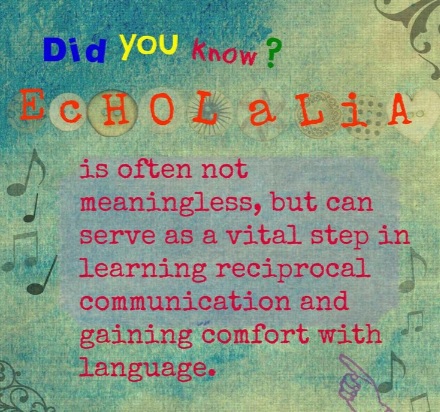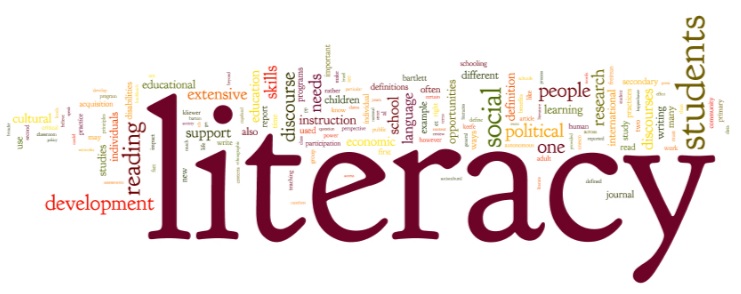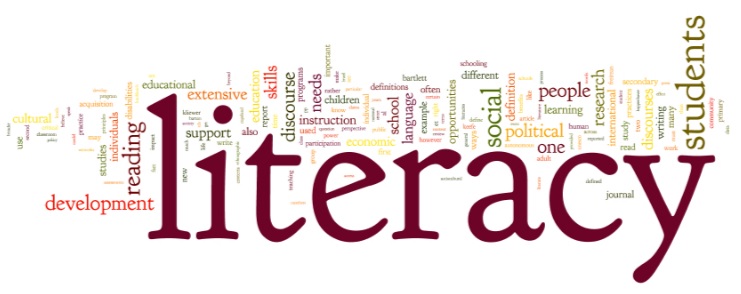A connection that I made to all three of the readings is how important it is to change the common perspectives that are set in place from society, institutions, way of communicating, and more. We are all used to a certain way of living and we all have a level of expectations when we engage with other individuals. But what is so crucial is that we understand that there isn’t only one correct way to do anything. There isn’t one way for educators to shape their lessons, and there isn’t only one way to assess students either. No one should be judged without thoroughly tapping into what they do and why they act the way they do.
I really liked what the Hendrickson article said about language and how some individuals with autism do not intend to blurt out non-dialogic speech. When non-disabled people hear words that do not fit in with the context of the conversation, it’s easy to be frustrated or even annoyed. Maybe you will think that they don’t understand or aren’t paying attention to the conversation. But this was untrue according to the participants of the study from people with autism who used facilitated communication.

This made an impact on me because I currently work with young students on the autism spectrum. Some of them display spontaneous echolalic speech and others display routine social scripting. A lot of the time, other aides in the room try to connect the spontaneous phrases and words to something the students want, but according to the participants in the study that isn’t always the case.
This is all proof about how critical language is in our everyday society, but it’s also how we interpret the meaning of language for those who need extra attention. I often try to put myself in the shoes of the students in the classroom who cannot say exactly what they want. Imagine the degree of frustration and stress they must feel to not be able to articulate what they desperately want to say. I always try my best to stay patient and to attempt to figure out what they’re saying, but it’s not an easy task.
Speaking of educators and their role when dealing with students we might not understand, the article by Kathleen Collins challenges the way educators look at their students and observe literacy. Changing the perspective to New Literacy Studies, educators should broaden the scope of literacy and how it relates to giving meaning to the world.

I loved the example in the article about Christopher and how the teacher thought of him as shy and unwilling to partake in classroom activities, but all of this stemmed from not engaging in something that truly gave him confidence. I’m not a teacher yet, but I would have likely fallen into the same process of assessing Christopher during in-class activities and not engaging him in out-of-class activities.
This makes me think about some classmates when I was in elementary school and how they seemed very uninterested throughout the school day. But what if they were staying in the back and not participating for reasons other than not being academic? In the article, it was great how Christopher took the leadership role and gave out advice to the rest of the class while making the set for a performance.
As for the video of the high school senior talking about her dyslexia, what impacted me the most was when she described how much work and effort she must put into just writing four sentences. Because of her dyslexia, she can’t simply think of the words she wants to say and write them down. She goes through a whole process that involves: writing a draft, revising it, writing a second draft, revising it again, circling words that look incorrect, searching the correct spelling on Google, writing the draft in pencil and then finally writing over it in pen. This is a very tiring process just to write a few sentences and I applaud her tenacity for overcoming her obstacles.
This sparked my interest in dyslexia and I found another Ted Talk video of Jonathan Buchanan who talked about dyslexia in a different way. He addressed the benefits and the possibilities of having dyslexia and stated something I never knew before: that people with dyslexia have traits that can make them great business leaders. Naturally, I had to research this and found an article that said that 20 percent of the UK’s business self-starters and 35 percent of company founders in the US are dyslexic. This absolutely amazed me.
–
Buchanan finishes off his Ted Talk with a quote from Albert Einstein (but from further research, the quote cannot be verified and therefore is anonymous),
“Everybody is a genius. But if you judge a fish by its ability to climb a tree, it will live its whole life believing that it is stupid.”
This is an extremely powerful message that sums up all of the readings and finding the true definition of literacy. Most schools work a specific way and just because a student doesn’t do well in that learning environment doesn’t mean there isn’t potential elsewhere. So just like anyone with a learning disability, dyslexia, autism, or anything else, maybe the square peg (the student) doesn’t precisely fit into the round hole (formal schooling). But it is the job of educators to help identify the strengths of every student.

